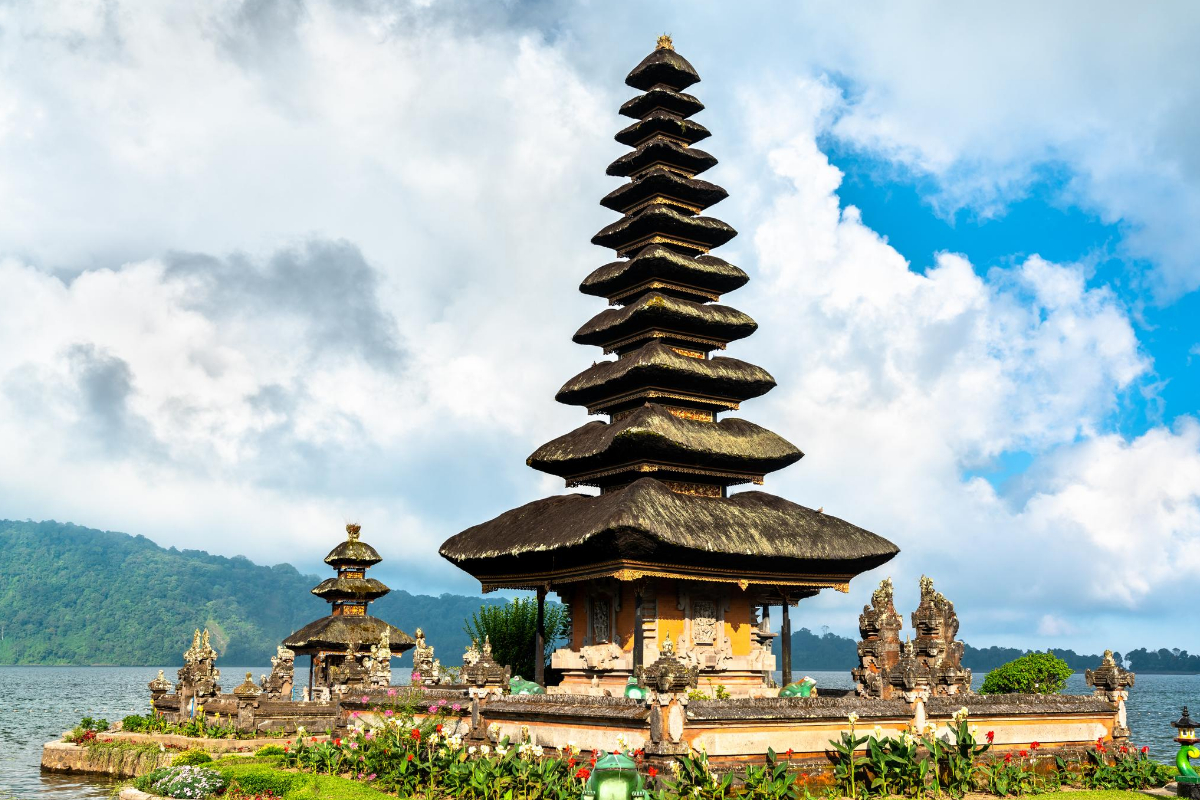This year has been very eventful, therefore we have gathered the main changes of 2022 in the visa or entry rules of Indonesia.
COVID-19 Restrictions
The beginning of 2022 was not easy, there were many restrictions related to Covid-19 and the entry rules were changing literally every day.
Fortunately, in the middle of the year, almost all restrictions were lifted. At the moment, it is no longer required to take PCR tests and go through quarantine upon arrival.
A vaccination certificate is still a mandatory requirement for entry into the country, but we hope that in 2023 there will be also positive changes in that matter.
See the post Current Entry Rules To Indonesia
Visa On Arrival (VOA & eVOA)
Perhaps the second significant event after the lifting of quarantine was the return of visas on arrival (VOA).
At the moment, VOA are available for citizens from 86 countries!
An equally important event was the introduction of electronic visas on arrival (e-VOA), which reduces the time spent at the airport upon arrival. E-VOA are also available for citizens from 86 countries.
Multiple-Entrance Business Visa
Also in November 2022, the Indonesian authorities returned in trial mode the multiple-entry business visa D212, which had been abolished during the pandemic.
✅ This visa is issued for 1 year and allows you to stay in the country for up to 60 days at a time.
* Currently, multiple-entry business visa D212 is available for Singapore citizens only.
Visa Second Home
A pretty high-profile event was the implemented a second home visa, which allows you to stay in the country from 5 to 10 years.
This visa had been expected by many, but unfortunately the expectations were not justified for everyone, since only very wealthy foreigners and investors can afford it.
Also, the introduction of a second home visa quite ruffled the nerves of the holders of Retirement Kitas. Fortunately, the authorities met them halfway and kept their stay permits.
Retirement Kitas Holders can still receive services based on the previous regulations until a further decision is issued.
Summit G20
Of course, we cannot fail to mention the main event of the year, Summit G20, which took place in Bali in November.
As a result of the meeting, Indonesia received significant investments in the development of the economy. These funds will be used to develop local projects that will accelerate the transition from coal to renewable energy sources.
Bali has also received substantial investment from the central government to develop the island’s infrastructure. In addition to the waste sorting and recycling system, this money was used to improve parks, widen roads and pave the sidewalks.










